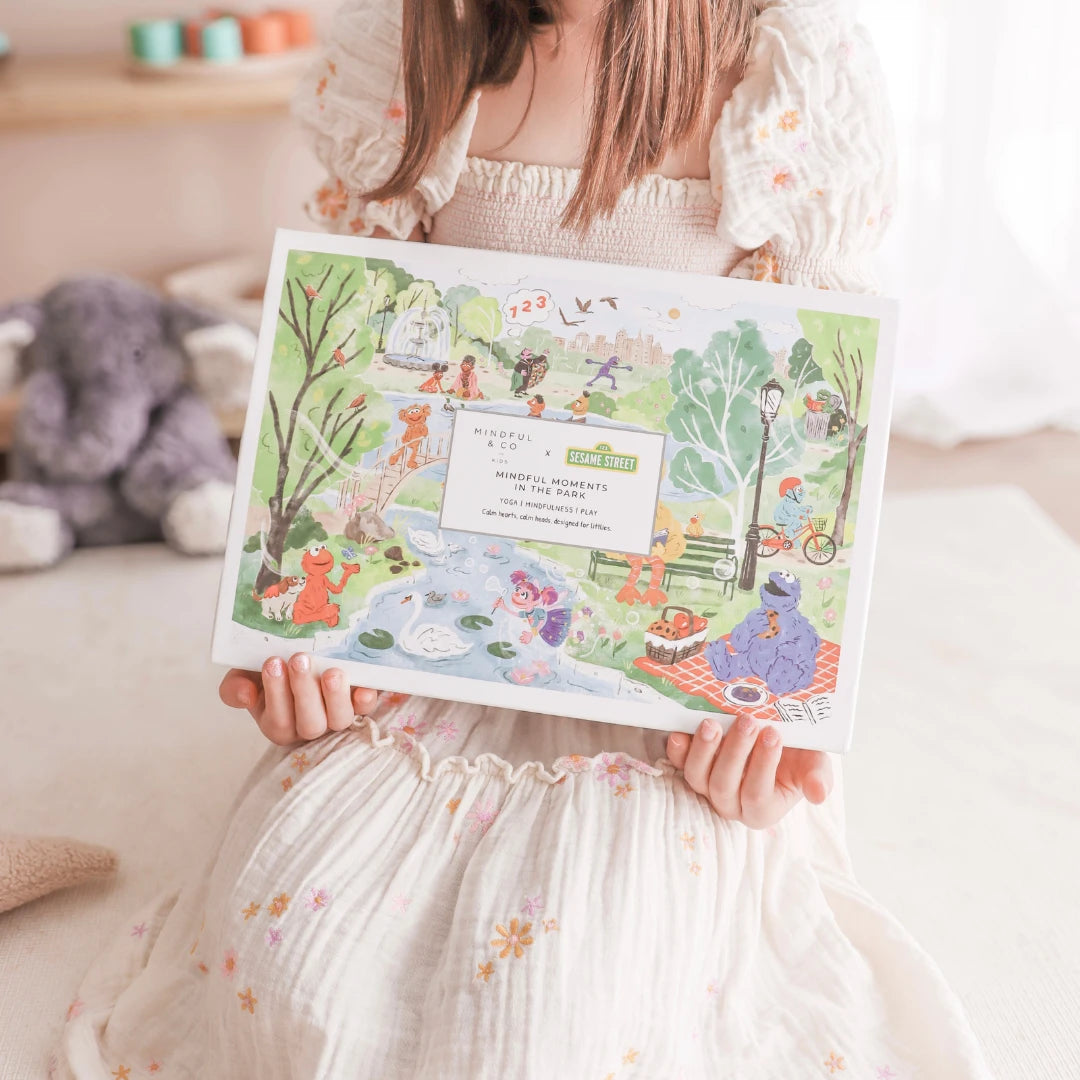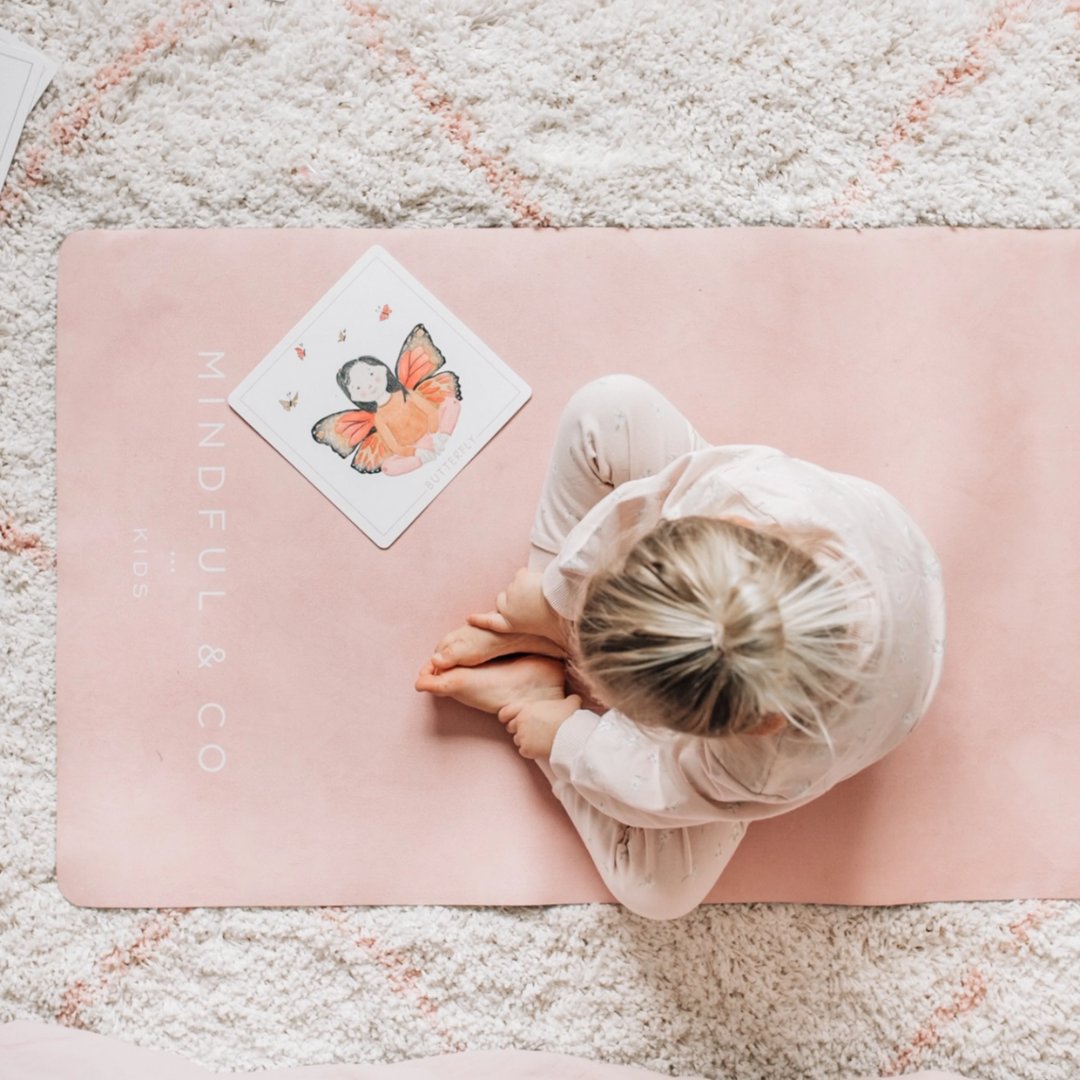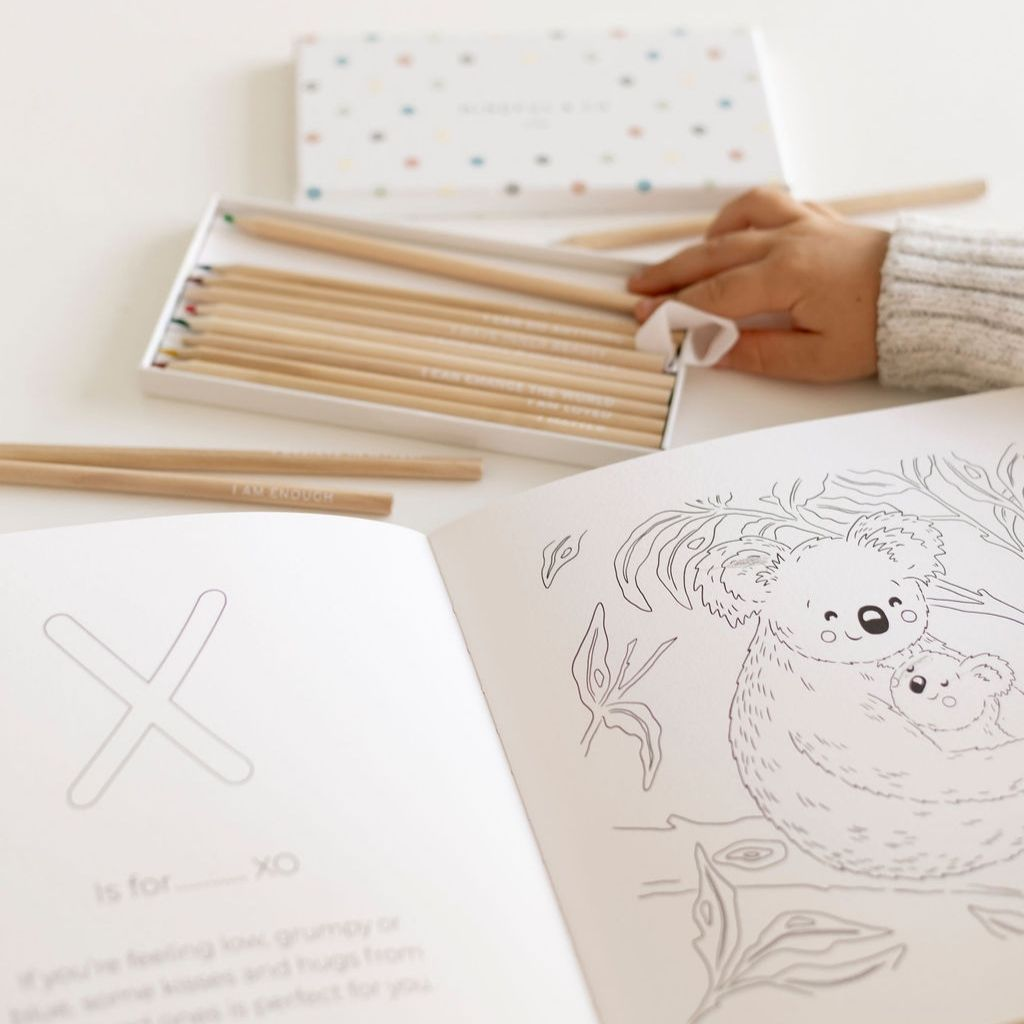Mindfulness Techniques for Stressed Out Parents
Mindfulness Techniques for Stressed Out Parents
This guest post was written by the team at Standard Dose, a marketplace dedicated to elevating wellness through mindful practices and carefully-vetted products.
From toddler tantrums to literal laundry lists, the challenges of caregiving can easily cause parenting stress, an all-too-real concern characterised by feelings of frustration, worry, and guilt. Thankfully, mindfulness (the simple act of becoming aware of the present moment) can help you manage parenting stress. While we at Standard Dose advocate for making mindfulness a regular part of your daily routine, we also understand the need to have certain techniques on hand when life becomes overwhelming. Below, we share three of our favourites:
1. Active Listening
What is it? Giving someone your whole attention so you can mindfully listen to their words and body language, and understand their emotions and intent.
When to use it? Any time your little one is demanding your attention...but so are all of life’s other responsibilities.
How? Try putting down your phone if you have it on hand, make eye contact with your little one, ask clarifying questions, and reply as patiently as possible.
Why? While multitasking is often necessary to get through the day, it can also cause you to miss cues from your child. This can lead to confusion, exasperation, and stress for both kids and caregivers. If you notice this cycle begin (and if you have the ability), making the switch to active listening can help you recognise, understand, and respond to their needs.
2. RAIN
What is it? A mindfulness tool to help you cultivate self-compassion.
When to use it? When you’re feeling shame over a frustrated outburst, strained at the prospect of maintaining the other relationships in your life, or consumed by the thought you’re just not doing it right, try RAIN.
How?
-
Recognise: Realising that you’re being hard on yourself and are in need of self-compassion is the first step!
-
Allow: Rather than immediately jumping to ‘fix’ the experience, simply take a pause and allow your thoughts and feelings to be.
-
Investigate: Gently probe those thoughts and emotions. Ask yourself where these are coming from, why you’re believing them, and any other relevant queries that help you unpack them with empathy.
-
Non-identify: Remember that you are not your thoughts and emotions, and these do not define you.
Why? Releasing unrealistic expectations and cultivating self-compassion can help boost happiness resilience, and self-worth.
3. 5-4-3-2-1 Countdown
What is it? A mindfulness exercise that asks you to pay attention to your senses rather than unhelpful thoughts or overwhelming stimuli.
When to use it? When you’re feeling anxious or stressed.
How? Stop, take a deep breath, and observe each of your five senses, one by one. Name five things you can see, four things you can feel, three things you hear, two things you can smell, and one thing you can taste.
Why? This simple exercise helps to ground you in the present and relieve anxiety so you can calmly continue your day.
We hope these techniques can help you navigate tricky situations on your big adventure. And remember, there are always resources available if you need:
-
Parents Helping Parents can connect you with support groups to share challenges and ask questions. You can also reach their free and confidential Parent Stress Line any time on 1800 623 8188
-
Alma is a network of mental health providers, including parenting therapists, what works with major insurance plans
-
In case of emergency, dial 000 immediately
Looking for more like this? Visit standarddose.com to discover wellness products and experiences for the whole family. You can also check out our blog, The Drop, for authentic stories, mindful practices for self-healing, and the answers to your questions about the latest trends.





